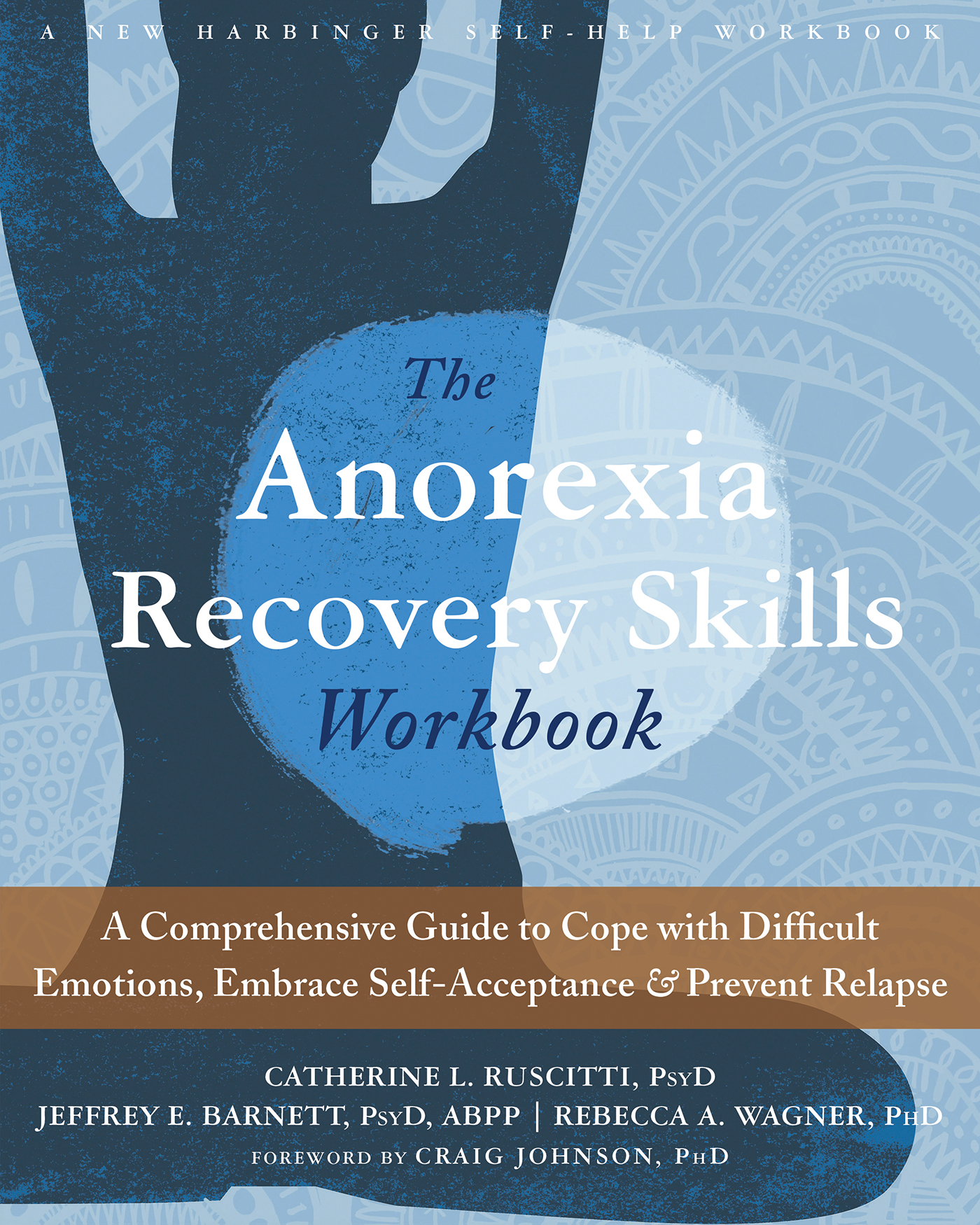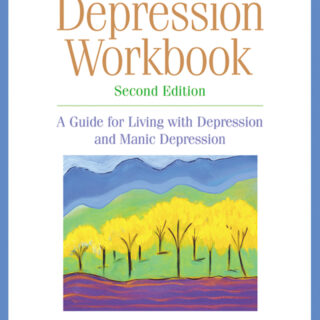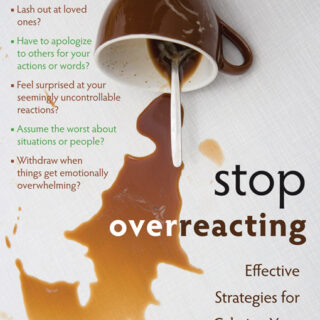The Anorexia Recovery Skills Workbook (eBook)
$22.35
In The Anorexia Recovery Skills Workbook, three psychologists and experts in eating disorders offer an integrated, comprehensive program for people with anorexia nervosa—whether they are currently in treatment or looking to maintain their recovery and prevent relapse. This workbook offers evidence-based skills to help readers rebuild healthy relationships, gain a sense of autonomy and independence, develop a sense of self-worth and self-esteem, set healthy goals, cope with negative emotions, and learn to communicate effectively.
If you have anorexia, there is hope for a full recovery. The Anorexia Recovery Skills Workbook offers an integrated and comprehensive program to help you rebuild a healthy relationship with food, gain a sense of autonomy and independence, develop a sense of self-worth and self-esteem, and set healthy goals for the future.If you have anorexia, it can be difficult to see yourself clearly, even after treatment. That’s why it’s so important for you to have resources available to prevent relapse. Written by three psychologists and experts in eating disorders, this important guide provides evidence-based skills blending acceptance and commitment therapy (ACT), cognitive behavioral therapy (CBT), and dialectical behavior therapy (DBT) to help you recover—and stay on the path to recovery.Each chapter of this workbook focuses on a theme—each important to fostering and maintaining recovery from anorexia, including: managing treatment and maintaining progress, creating and maintaining a therapeutic team, rebuilding healthy relationships and decreasing investment in unhealthy relationships, and gaining a sense of autonomy. Additionally, you’ll gain insight into your anorexia, learn why it’s all about control—and learn how to gain real control in healthier aspects of life.Finally, this workbook addresses developing healthy goals related to eating, as well as career, academic, and recreational goals to assist in leading a fulfilling life. You’ll learn to take time for self-care, plan for challenging and difficult times throughout recovery, and maintain changes in behavior and thought patterns, such as awareness and tolerance of negative emotions, reaching out for help when needed, and effective communication.If you have anorexia, are in treatment for anorexia, or trying to maintain recovery, this compassionate, comprehensive resource provides powerful, proven-effective tools to help you stay healthy in body and mind.





